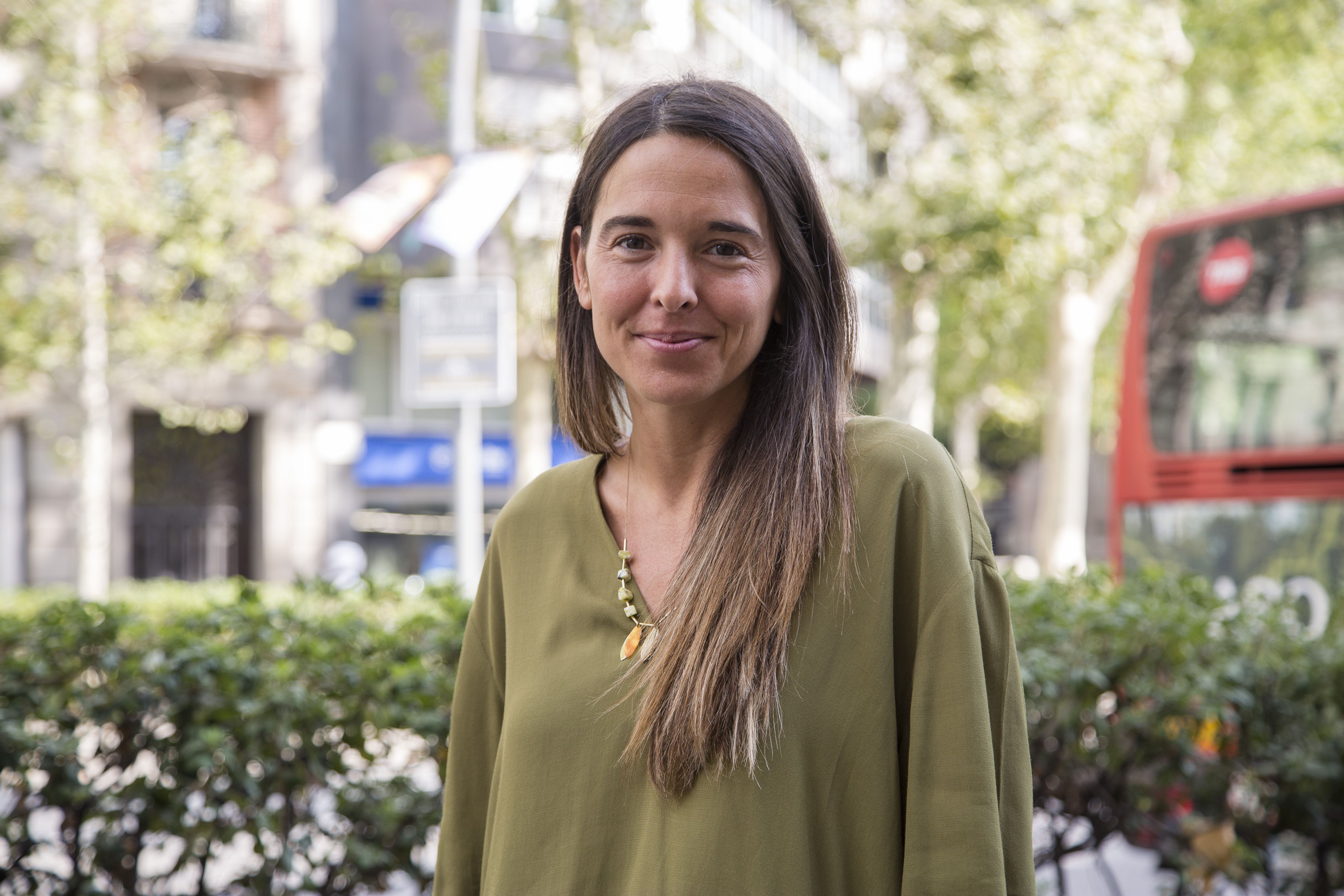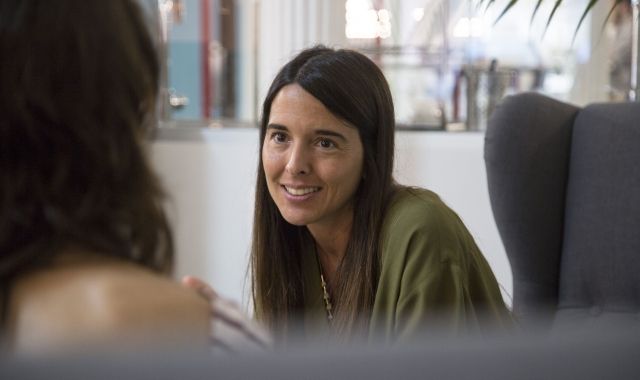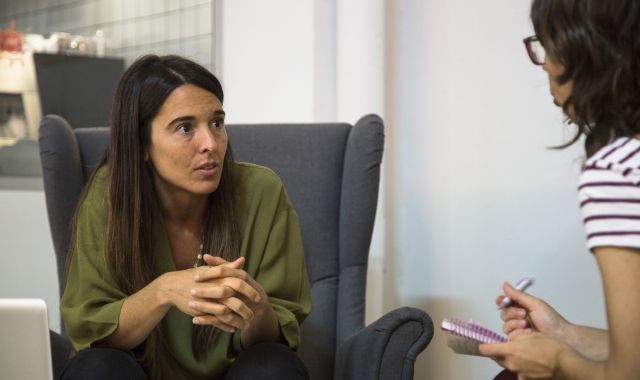
Netmentora is a private non-profit network set up in France 30 years ago with the aim of helping entrepreneurs create their own companies and, with them, generate jobs. “We were set up by the businessman André Mulliez, from the family that owns Alcampo, Leroy Merlin and Decathlon, and who had to close his company due to a crisis in the 1980s,” says the head of the Barcelona office, Beatriz de Vicente.
Mulliez chose to help people out of work to create new jobs, an aspiration that continues today in the 118 offices that the association has in some 10 European countries. And it has always been a non-profit, with the onus on collaboration between experienced business people, such as Núria Basi from Grup Basi, Tomás Diago from Softonic or Jordi Pascual from Udon, who give advice to new entrepreneurs.
That means, as De Vicente says, “the person is always the priority.” “As the entrepreneur does not pay anything for our services, we also look for reciprocity, because we hope that the people who come looking for support will come back to the network in the future and help those who come after them,” she adds. It is a methodology that has helped 14 projects in Catalonia and more than 5,500 in Europe, creating 102,400 jobs, some 78% of which still exist after five years.
How do you go about selecting the projects?
There are three stages to the procedure. The first is a personal interview, where we get to know the person and they explain their plan to us. If we see that the person is a promising entrepreneur, that the project is viable and that it can create jobs, we move to the second stage, where they meet the network’s entrepreneurs. Finally, they have to go before the accpetance committee which brings together up to eight business people who make the final decision. The selection process takes between three and four months and as the decision is very subjective, we try to make sure that the stages before the filtering stage are supportive, so as to bring added value. We try to make sure they are entrepreneurs with a well-prepared business plan to make it realistic. We work thinking about SMEs, we are not thinking about people just working for themselves with one or two others, we want to create companies that generate jobs.
"Loneliness and fear of making decisions you have never had to make before makes things complicated"
What is the typical profile of the entrepreneurs?
They are normally first-time entrepreneurs. When you come from having left a job to setting up your project, loneliness and fear of making decisions you have never had to make before makes things complicated. Having a network of people with different types of knowledge and opinions helps a lot.
Where do you find they have the most trouble?
In taking the plunge and making decisions. We have profiles of people who find each other early on, who have 10 employees after just a few months and that means that in very little time they have to manage staff, suppliers, distributors... that is what is hardest for them and where having someone with experience of the market to advise you is the most useful.

Photograph: Àngel Bravo
Which sector do most of them come from?
From all of them, except the digital sector, although we don’t really know why. Most of them are consumer goods, although we are starting to get some providing services to companies. We think they come from lots of different places because what we value most is the person and creating jobs.
What personal characteristics do you value the most?
We need to make sure that the entrepreneur is personable, that they value and look for knowledge from the network. As we are also about networking, we have to distinguish between those looking only for contacts and those that need mentoring as much as networking. The rest is subjective, and it depends on each member.
"For the business person it is a challenge to go back to the beginning, going back to work and thinking about how to move a project forward"
What are the business people who participate in the network like?
All types of people, but always general managers or heads of companies. They take part as business people, never as investors, even though some of them might have investment funds. They normally do it because they identify with the entrepreneurs. It is a challenge for them to go back to the beginning, returning to work and thinking about how to move a project forward. But we also have companies that see in the entrepreneur a way of innovating, learning about the sector and new products. An example is Leroy Merlin, which wants to foster intrapreneurship by putting members of the team at the service of the entrepreneurs to help them to, in the end, present a solid project. We also have the case of Ferrero, a family company that has always valued people and innovation.

Photograph: Àngel Bravo
Are the entrepreneurs different in the different offices?
The type of member and entrepreneur are different, the place has a lot to do with it and on how companies develop. Our management is based on being flexible in each territory. Here we have very strong players, such as Barcelona Activa, which is why one of the first things we did was to reach an agreement so that we do not do the same as they do. Here there is a large community of technological projects and we see that there is a lot of help for them, but we have also seen that there is a strong traditional economy that is innovating and creating new models. The key is to be flexible and to adapt to what the entrepreneur is being offered and the needs they have.
"Each time we give them a thousand euros, they manage to raise 13 times more"
The support in the funding stage also comes out of the synergy between companies.
We offer interest-free loans so that the entrepreneurs have support from the start. The objective is leverage, to help them find more money later on. Each time that we give them a thousand euros, they manage to raise 13 times more than this quantity. This is why it is so important to have links with companies in the sector that can help us, like Ship2B, Economistes Ban or Ulule, organisations that help entrepreneurs from the classic family, friends and fools to investment rounds of about 300,000 euros.